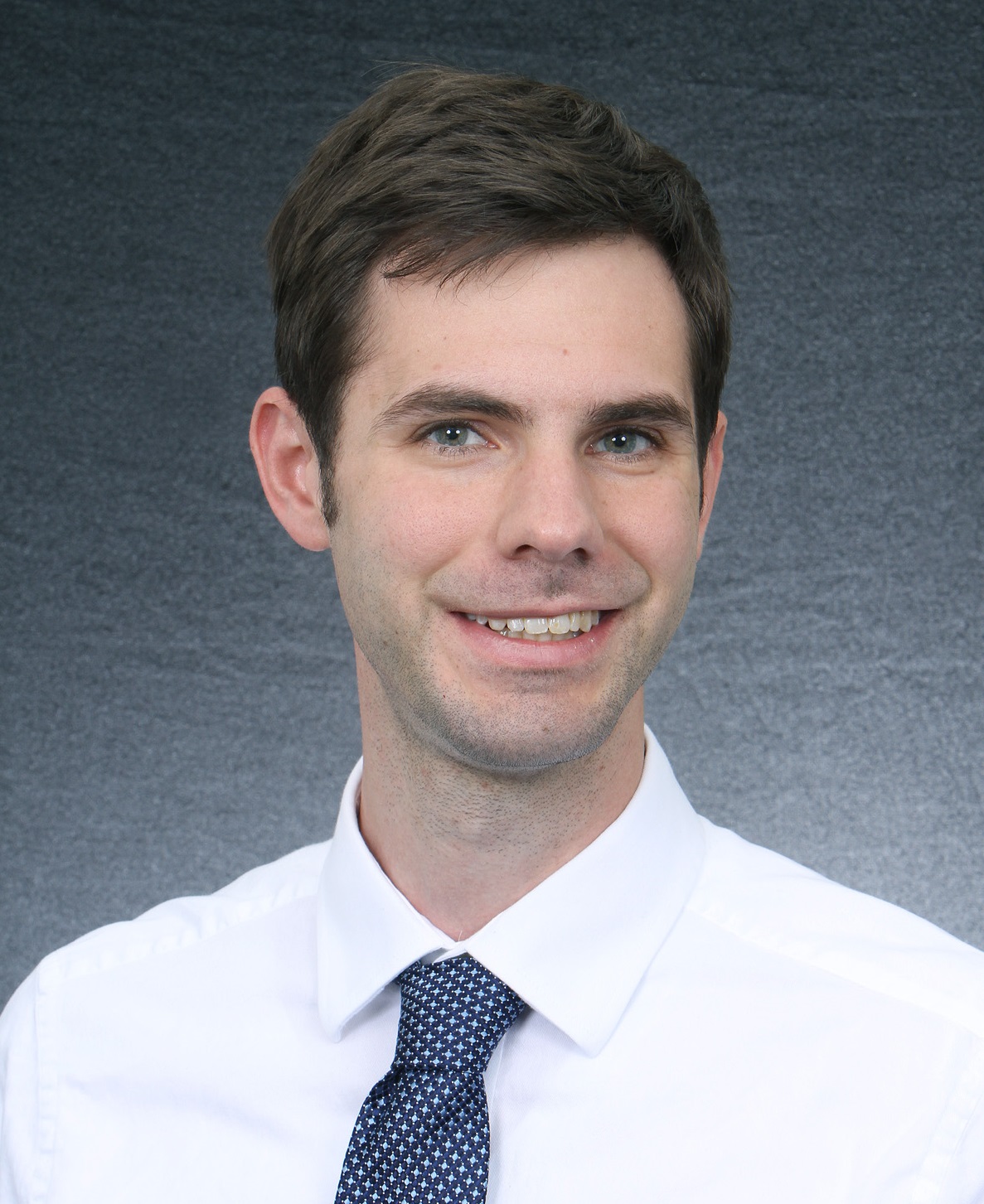The president of the Washington, D.C.-based National Association of Student Financial Aid Administrators was charged this week in San Francisco with nine felonies, stemming from the time he was chancellor of the San Francisco Community College District – generally known as the City College of San Francisco – the city’s district attorney’s office announced.
Philip R. Day Jr., 63, a leading advocate for helping low-income students get to college, and two of his vice chancellors were charged with diverting more than $150,000 in college funds into political campaigns for new construction at the school and other community colleges, according to the DA’s office. A press release said Day is also charged with using some of the money as a personal slush fund with which he allegedly paid for liquor at functions, parking tickets and a membership at the posh City Club of San Francisco.
Day was scheduled to deliver a speech Monday during NASFAA’s annual conference on the group’s National Conservation Initiative. Among other things, the project is aimed at reforming the financial aid system to serve low-income students and their families better.
Instead of attending the conference, Day has requested and been granted an unpaid leave of absence from his post at NASFAA, the organization’s officials said.
He is scheduled to be arraigned in San Francisco next week. If convicted of all counts, Day, 63, could be sentenced to nine years in prison.
Day has been in office at NASFAA since 2007. He succeeded Dallas Martin, who had headed the group for more than three decades. Martin retired after months of criticism about the way he handled scandals in the student-loan industry involving college administrators who accepted gifts – including stock options – from lenders they recommended to their students.
NASFAA board chairman David Gruen announced today that Joan Crissman will serve as interim president, effective immediately. She also served as interim president after the retirement of Martin.
The district attoney’s office said of the charges against Day that most of the money allegedly diverted from the school went to two public campaigns in support of bond issues to pay for major new construction on the City College campus and other funds went toward a statewide bond campaign for California’s community colleges. Both bond issues were ultimately approved.
“It wasn’t to hurt anybody like Bernie Madoff,” said one community college association leader who is familiar with Day’s work on behalf of low-income students and community colleges. “He was trying to help his institution.”
San Francisco District Attorney Kamala D. Harris said during a news conference on Wednesday that the use of school funds for the political campaign would be a violation of California state law and a breach of confidence.
“Misusing public funds and laundering money for political purposes are serious offenses that jeopardize the integrity of the political process and weaken the public trust,” Harris said. “The leaders of our public institutions must uphold their civic and fiduciary duties or face serious consequences.”
Much of money that was allegedly diverted came from signing bonuses from two vendors – including Pepsi – that City College received for the right to sell their products on the campus, as well as a motorcycle training school that leased space on the campus for its classes, according to Harris’s office.
Day and Associate Vice Chancellor Stephen Herman are charged with one count of conspiracy, one count of misappropriation of public funds, one count of concealing public money, one count of grand theft, three counts of using City College funds to support a political campaign, and one count of making a political contribution in the name of another, the district attorney’s office said.
One incident allegedly occurred in 2001, when the City College of San Francisco Board of Trustees put a $195 million bond measure on the San Francisco ballot to raise money for campus construction projects. While the bond measure was pending, Day and associate vice chancellor Stephen Herman allegedly had the Pepsi company, which had a vending contract to sell Pepsi products on the campus, pay $50,000 of the $75,000 signing bonus it owed to the college to the San Francisco bond campaign committee.
Another allegation stems from 2005 during a $246.3 million bond measure that was put on the ballot for campus construction projects. While this bond measure was pending, according to the district attorney’s office, Day and Herman had a different City College of San Francisco vendor, Bean Scene, pay a $20,000 signing bonus to the 2005 San Francisco bond campaign committee instead of to the college.
Also during the 2005 San Francisco bond campaign, James Blomquist, another associate vice chancellor, allegedly had Bay Area Motorcycle Training Inc., which held its trainings on City College of San Francisco property, pay $10,000 of its lease payments to the 2005 San Francisco bond campaign committee instead of directly to the college.
The district attorney’s office said that in 2006 Day and Herman diverted $28,000 that Pepsi owed to City College of San Francisco to the statewide bond campaign.
The DA also alleges that in 1999, Day used city college funds to make a $500 contribution to the campaign of Sarah Reyes, who was running for a seat in the state assembly.
Day is further accused of diverting $45,000 that Pepsi owed to the city college to a “hidden account” that he maintained at the Foundation of City College of San Francisco, a private nonprofit charity that raises money for student scholarships at City College.
The prosecution follows an investigative report by the San Francisco Chronicle that dealt with some of the deals that served as the basis for the case against Day.
Some observers say the transactions were brought to light by opponents to the bond measures that Day allegedly helped in stealth.
Day’s work on behalf of low-income students is well-known. He is the founding president of the National Articulation and Transfer Network – an organization that works to smooth the path for students transferring from community colleges to four-year colleges.
.





























